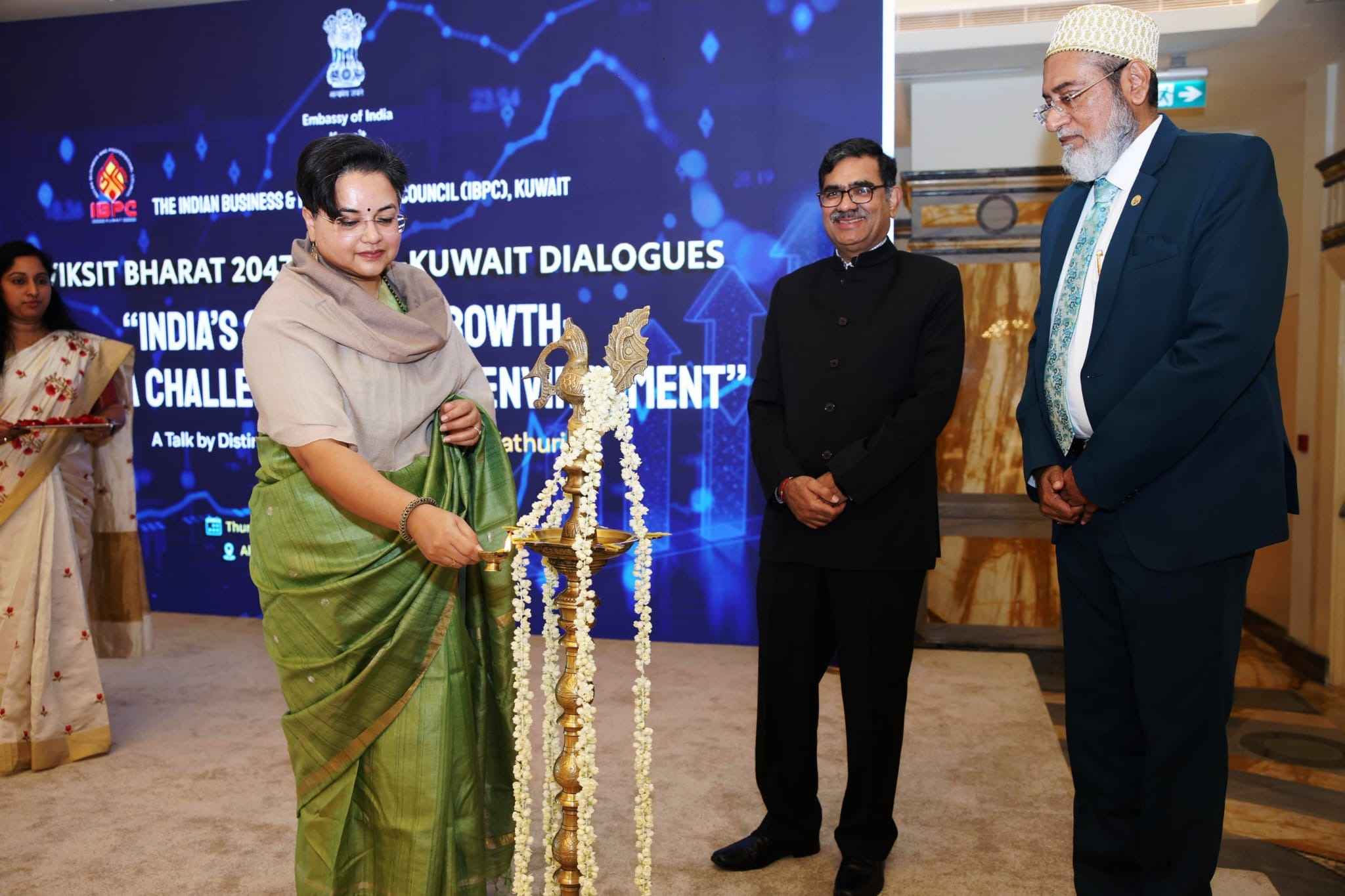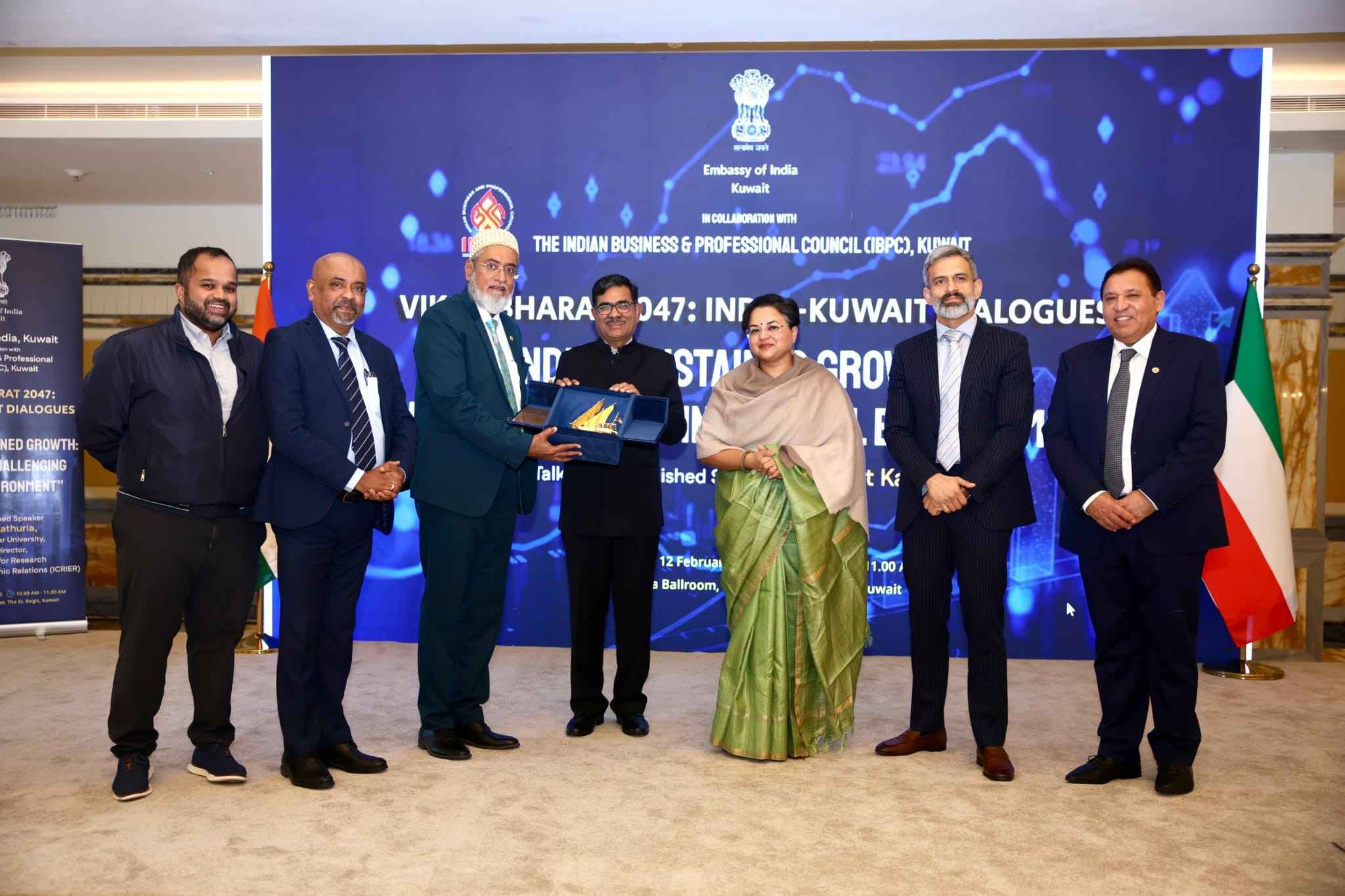Walking every day has many significant health benefits, ranging from improved cognition to better sleep.
What many of us think of as simply a way to get from point A to point B is, in fact, one of the most effective and affordable natural health boosters available. Scientific research shows that walking daily — even for just 30 minutes — delivers benefits that go far beyond burning calories, reaching into brain health, mood, immunity, aging, and overall longevity.
Recent studies reveal that this low impact activity triggers profound changes in the body and mind, making it a cornerstone of healthy living.
Experts highlight the following scientifically backed advantages:
Lifts Your Mood and Fights Depression — Walking prompts the release of endorphins and serotonin, the body’s natural “feel good” chemicals. This helps lower stress and anxiety and can significantly reduce symptoms of depression. Boosts Memory, Focus, and Creativity — Regular walking improves blood flow to the brain, enhancing cognitive functions such as memory, focus, and creative thinking — benefits that are especially noticeable in adults as they age. Strengthens Bones and Joints — As a weight bearing exercise, walking helps maintain bone density, supports joint health, and reduces the risk of osteoporosis.
Regulates Blood Sugar — Taking a walk soon after meals — especially dinner — aids in lowering post meal blood glucose spikes, which helps control diabetes risk. Improves Sleep Quality — Daily walks help balance your circadian rhythm and reduce stress levels, making it easier to fall asleep and stay asleep — particularly when done in daylight.
Strengthens Immunity — Moderate walking boosts circulation and supports the immune system’s ability to defend against viruses and infections, reducing sick days and improving recovery.
Enhances Heart and Metabolic Health — Consistent walking lowers blood pressure, improves cholesterol levels, and supports heart health, helping reduce the risk of cardiovascular disease and type 2 diabetes. Helps You Live Longer — Studies consistently link regular walking with a lower risk of premature death and a healthier aging process, extending lifespan by improving overall physical and mental health.
Tips to Maximize the Benefits
Experts recommend a few simple strategies to boost the impact of your daily walks:
Interval Walking — Alternate brisk and relaxed paces to burn more calories and elevate cardiovascular benefits.
Light Hand Weights — Carrying small weights (1–2 kg) increases muscle engagement and bone strength.
Walk on Varied Terrain — Walking on sand or inclines activates more muscle groups.
Mindful Walking — Focus on your body, breath, and surroundings to enhance psychological benefits.





 1. The Embassy of India in Kuwait launched the “Viksit Bharat 2047: India-Kuwait Dialogues” today at a special event held at Hotel St Regis, Kuwait. This new initiative of the Embassy will be a series of talks that will provide a platform to present India, or Bharat, and its various aspects to Kuwait, fostering conversations, stimulating the exchange of ideas, and building connections, relationships, and partnerships between India and Kuwait. The scope of the India-Kuwait Dialogues will be varied – its future editions are expected to feature speakers from different fields, including policymakers, investors, innovators, artists, thought leaders, chefs, fashion and jewellery designers, authors, sports and film personalities.
1. The Embassy of India in Kuwait launched the “Viksit Bharat 2047: India-Kuwait Dialogues” today at a special event held at Hotel St Regis, Kuwait. This new initiative of the Embassy will be a series of talks that will provide a platform to present India, or Bharat, and its various aspects to Kuwait, fostering conversations, stimulating the exchange of ideas, and building connections, relationships, and partnerships between India and Kuwait. The scope of the India-Kuwait Dialogues will be varied – its future editions are expected to feature speakers from different fields, including policymakers, investors, innovators, artists, thought leaders, chefs, fashion and jewellery designers, authors, sports and film personalities.











